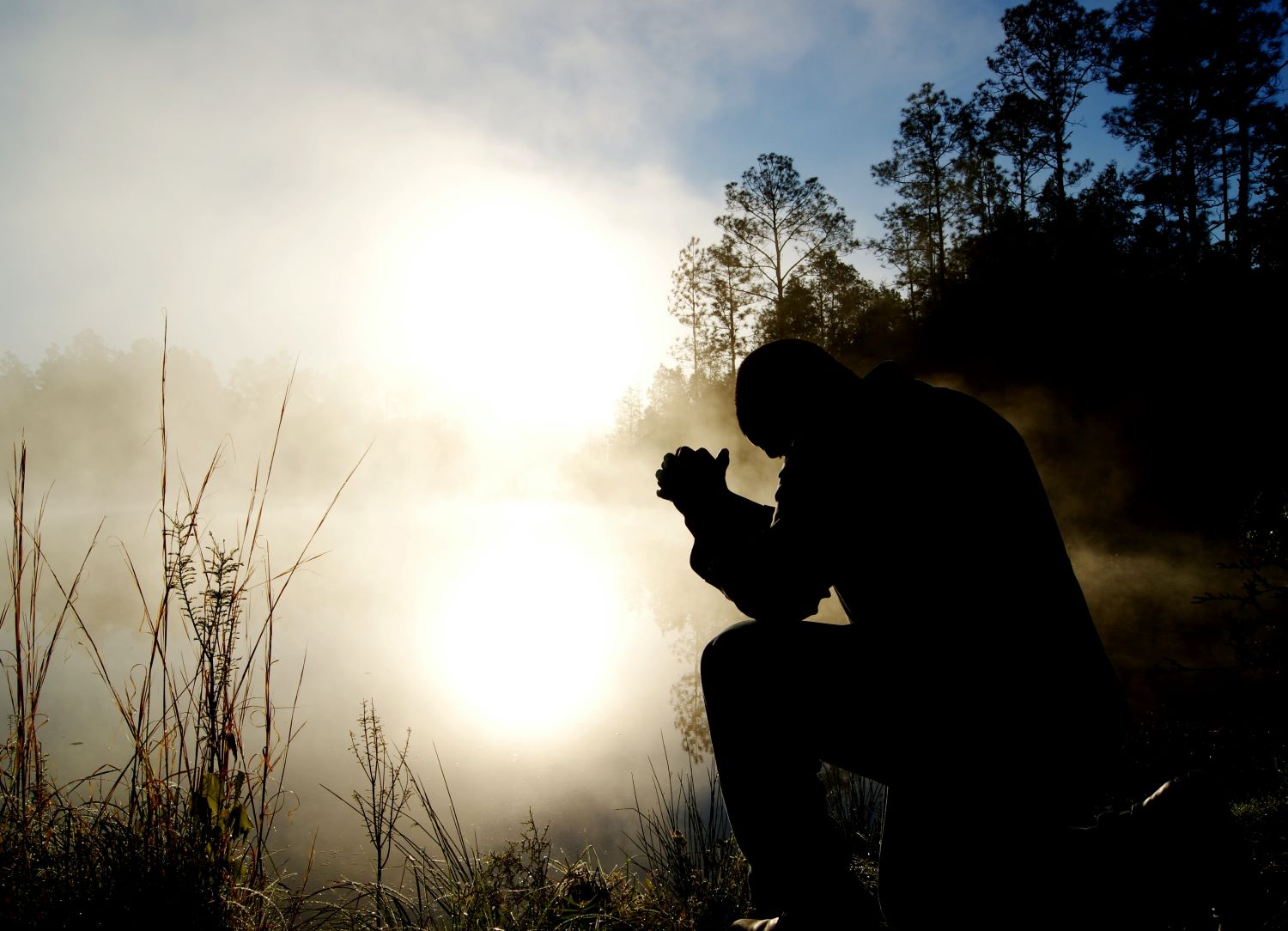9 “And Moses swore on that day, saying, ‘Surely the land on which your foot has trodden shall be an inheritance for you and your children forever, because you have wholly followed the LORD my God.’ 10 And now, behold, the LORD has kept me alive, just as he said, these forty-five years since the time that the LORD spoke this word to Moses, while Israel walked in the wilderness. And now, behold, I am this day eighty-five years old. 11 I am still as strong today as I was in the day that Moses sent me; my strength now is as my strength was then, for war and for going and coming. 12 So now give me this hill country of which the LORD spoke on that day, for you heard on that day how the Anakim were there, with great fortified cities. It may be that the LORD will be with me, and I shall drive them out just as the LORD said.”
Joshua 14:9-12 (ESV)
Many seem to have subscribed to the view that “faith is a special way of feeling,” a savory blend of assent, peace, and optimism. But Caleb would have been dissatisfied with this cozy version. For him “faith was a special way of walking,” namely right into enemy strongholds, sword in hand. Nowhere is one’s view of faith more evident than in times of crisis.
In this text, Caleb addressed his old friend Joshua, with whom he scouted the Promised Land (Num. 13-14). They alone among the spies brought a hopeful report and so were permitted to enter the land at the time of conquest. Still, there were daunting problems. God had sentenced the stubborn Israelites to decades of wandering in the wilderness, and Caleb was now an old man at 85 (v. 10). Furthermore, there were hostile giants in the land, the mighty Anakim, who occupied fortified cities (cf., Num. 13:26-33) in the hills (v. 12). As any military tactician can testify, advantage lies with the force holding the high ground. Never mind that. Caleb’s confidence lay in God’s promises (v. 9), not in youth, numbers, or the layout of the battlefield.
Caleb knew he had to “put boots on the ground” before the promises would be fulfilled. And he was not content to send his troops ahead, promising to join them if things went well. He himself was a warrior (v. 11).
Today, there are new Anakim in the land. For instance social historian Callum Brown has announced England’s occupation by forces of unbelief: “It took several centuries … to convert Britain to Christianity, but it has taken less than forty years for the country to forsake it.”[1] Church buildings are converted into mosques and carpet showrooms; Church attendance has sunk to less than eight percent of the population. No problem, if God’s people will stride forth in His promises. Against this, the Anakim have never been able to stand; they are destined to be losers.
When Caleb was faced with an overwhelming military challenge, he didn’t say, “Give me my scrolls for devotional reflection and group study,” “Give me time with my children and grandchildren,” or “Give me a scrapbook, so I can paste my clippings from the Exodus and Jericho”—though all these things are wonderful. Instead, he insisted, “Give me this hill country!” And then, in faith, he took it. So too should believers of every age seize the day to advance the kingdom through evangelism, intellectual persuasion, social reform, and compelling example. Thus they become the Calebs of their own era.
[1] Callum G. Brown, The Death of Christian Britain: Understanding Secularisation 1800-2000 (London: Routledge, 2001), 1.
